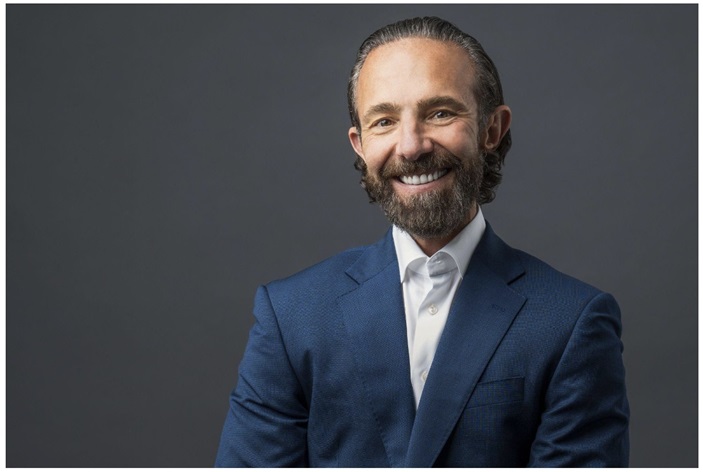As experienced executives like Kevin Modany retire, companies must cultivate new leaders to fill the void, especially considering the “Great Resignation” has exacerbated hiring challenges. Mentoring and coaching help develop future leaders by providing guidance and inspiration. Kevin Modany, a CEO and executive consultant, shares insights on how organizations can ready the next generation to take the reins.
With 10,000 Baby Boomers retiring daily and workers resigning due to pandemic-driven career reevaluations, many firms face leadership gaps. Replacing specialized expertise and executive-level strategy oversight proves difficult amid current hiring challenges. Successful leadership transition entails identifying and grooming in-house talent through mentoring relationships and coaching interventions.
Mentoring gives newcomers the wisdom of veteran perspectives over extended timeframes, facilitating personal and professional growth. Coaching utilizes targeted milestones to amplify strengths and conquer deficiencies in current leaders. Blending these developmental techniques helps businesses cultivate the assets already within their teams.
Executive consultant Kevin Modany recognizes that an engaging culture, ongoing education, and values alignment prime an organization for leadership renewal. Fostering future leaders also requires specific programs and attentive progress tracking.
Promising employees thrive when companies invest in atmospheres where workers feel appreciated and self-motivated. Modernizing offices to resemble communal spaces and offering recreational amenities boosts morale, which drives productivity. Employees rewarded for embracing ownership and accountability become natural leadership prospects.
Accessible learning opportunities for all staff, not just elite tracks for upper management, promote internal advancement. Offering tuition reimbursement and compensation for continuing education demonstrates a business values breadth of skills. In a difficult job market, professional development assists retention, which aids leadership succession planning.
Once a talent pipeline exists, managers must actively identify emergent leaders, like those excelling on complex assignments or earning external recognition. Testing high-potentials beyond current responsibilities with mentor guidance helps prepare rising stars for more significant challenges.
Training must hone critical expertise like technical qualifications and soft skills essential for strategic thinking and decision-making authority. Mentors and coaches have an inside understanding of leadership demands to advise succession preparation.
For generations valuing corporate social responsibility, leadership programs should incorporate community engagement and reflect workplace ethics. Emerging leaders like Millennials and Gen Z require meaning and purpose, not just advancement, so development initiatives must resonate with their principles.
Tracking milestone attainment ensures leadership mentoring and coaching aligns with organizational goals. Executives can then make informed promotions supported by measured development.
Kevin Modany personifies effective leadership by transparently empowering teams to solve problems honestly and respectfully. Creating a culture where employees feel invested and supported allows an organization to nurture similar integrity and vision in rising leaders. With structured guidance from veteran experts, companies can thoughtfully develop talent to guide future success.

